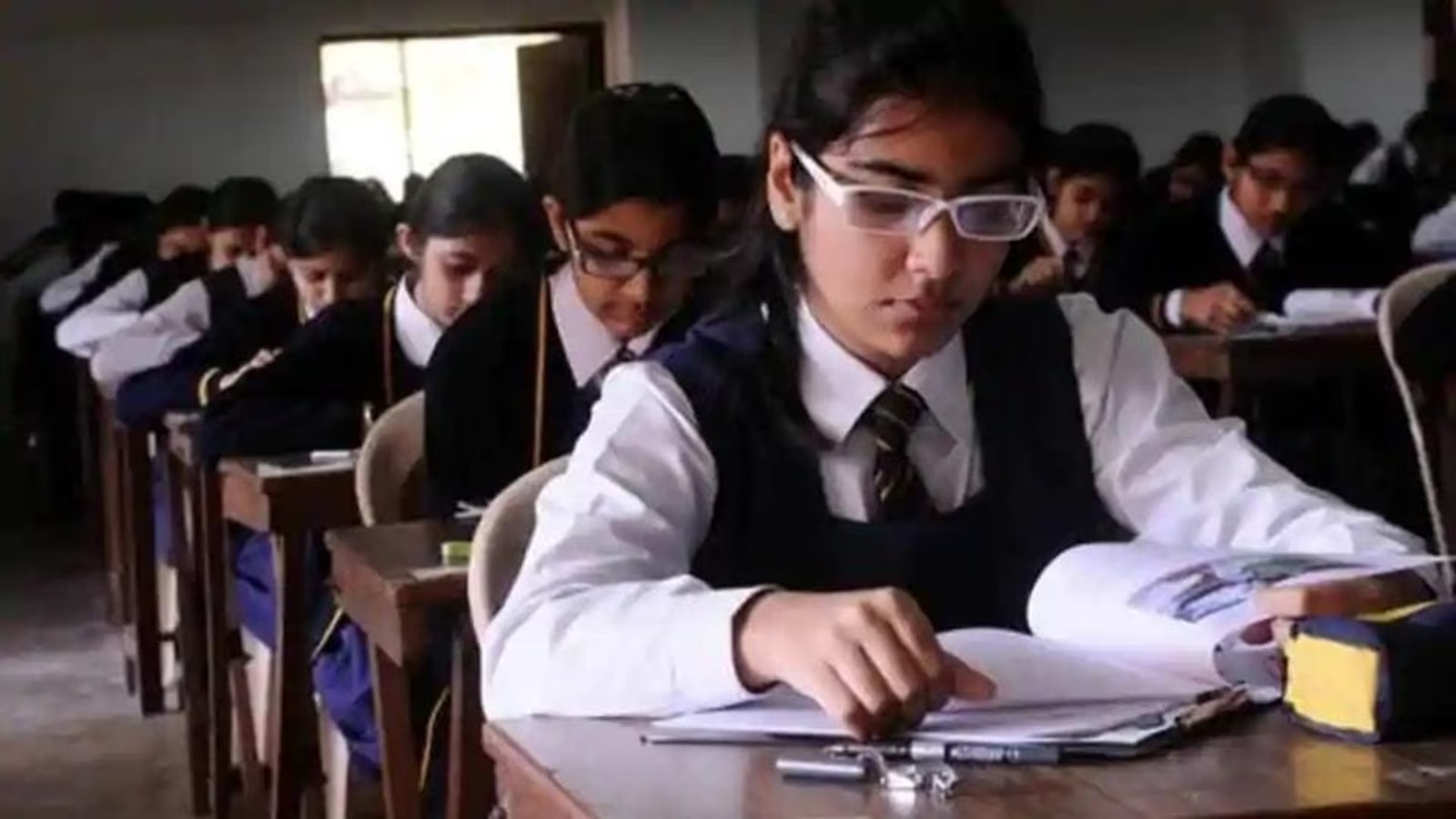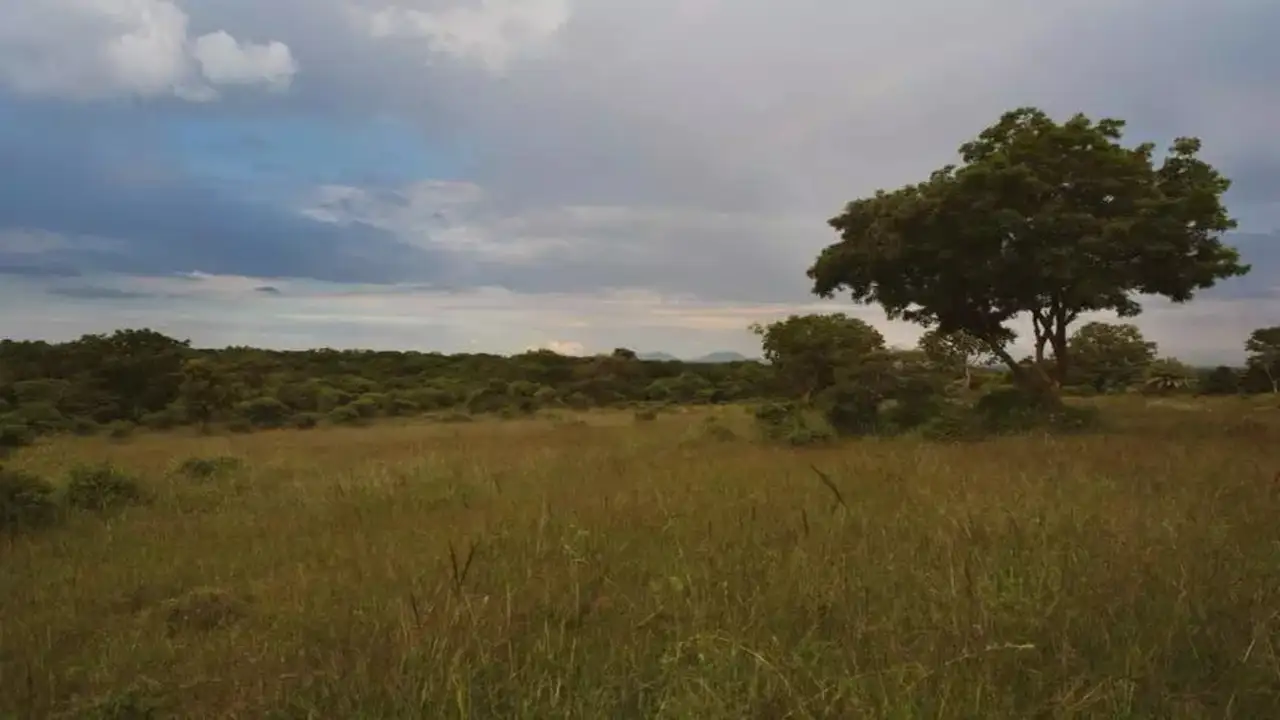- Courses
- GS Full Course 1 Year
- GS Full Course 2 Year
- GS Full Course 3 Year
- GS Full Course Till Selection
- Online Program
- GS Recorded Course
- NCERT (Recorded 500+ Hours)
- Polity Recorded Course
- Geography Recorded Course
- Economy Recorded Course
- AMAC Recorded Course
- Modern India, Post Independence & World History
- Environment Recoded Course
- Governance Recoded Course
- Science & Tech. Recoded Course
- International Relations and Internal Security Recorded Course
- Disaster Management Module Course
- Ethics Recoded Course
- Essay Recoded Course
- Current Affairs Recoded Course
- CSAT
- 5 LAYERED ARJUNA Mentorship
- Public Administration Optional
- ABOUT US
- OUR TOPPERS
- TEST SERIES
- FREE STUDY MATERIAL
- VIDEOS
- CONTACT US
Government Ends No-Detention Policy in KVs and JNVs, Impacting 3,000 Schools
Government Ends No-Detention Policy in KVs and JNVs, Impacting 3,000 Schools

- In December 2024, The Government of India officially ended the no-detention policy for students in Kendriya Vidyalayas (KVs), Jawahar Navodaya Vidyalayas (JNVs), and other schools governed by the central government.
- This move allows for students in Classes 5 and 8 to be held back if they do not meet the required promotion criteria after their regular and re-exam assessments.
Impact of the Decision
- Affected Schools: The decision will impact around 3,000 schools, including Kendriya Vidyalayas (KVs), Jawahar Navodaya Vidyalayas (JNVs), Sainik Schools, and Eklavya Model Residential Schools.
- Classes Affected: The policy change applies to students in Class 5 and Class 8 in these schools.
- Nationwide Impact: This decision aligns with changes made to the Right to Education Act (RTE) in 2019, allowing states and central schools to implement retention policies for these grades.
Background and Rationale
- RTE Amendment (2019): In 2019, the Right to Education Act was amended to give states and central governments the discretion to hold back children in Class 5 and Class 8 if they fail to meet promotion criteria after a re-examination.
- Historical Context: The no-detention policy was introduced under Section 16 of the RTE Act (2009) to ensure that students could not be detained until Class 8, aiming to prevent early school dropouts.
- However, this policy faced criticism over the years, as it led to concerns about students' academic seriousness and quality of learning.
- Central Advisory Board Resolution (2016): In 2016, the Central Advisory Board of Education (CABE) recommended scrapping the no-detention policy, citing that students were no longer taking their education seriously.
|
About Central Advisory Board of Education (CABE) :
The CABE's responsibilities include:
|
||||||||||
Details of the New Policy
- Amendment to RTE Rules:
The Ministry of Education issued a notification amending the Right of Children to Free and Compulsory Education Rules (2010). - The new provisions allow for detention of students in Class 5 and Class 8 under certain conditions:
- Promotion Criteria: If a student fails to meet promotion requirements in regular exams, they will have the opportunity for a re-examination within two months.
- Additional Instruction: Students who fail the re-exam will receive additional instruction and specialized guidance to help them overcome learning gaps.
- Retention: If the student fails again after the re-exam, they can be held back in the same class.
- Teacher and School Responsibilities:
- Class Teacher: Teachers will play a crucial role in guiding both the child and the parents, identifying the child’s learning gaps at various stages of the academic year.
- School Head: The school head will maintain a record of students who are held back and will monitor their progress in overcoming learning gaps through specialized support.
- Exams and Re-Exams:
- Competency-Based Exams: Both the regular and re-exam assessments will be competency-based, focusing on holistic development rather than memorization and rote learning.
- No Expulsion: As per the RTE Act, no child will be expelled until they complete elementary education (up to Class 8).
Rationale Behind Scrapping the Policy
- The central government argued that the no-detention policy led to a lack of accountability in the education system.
- With students no longer facing the consequences of poor performance, there was a growing concern about the deterioration of academic standards.
- The aim of the new policy is to ensure that children meet certain academic standards before progressing, promoting a more serious approach to learning and accountability among students.
- Since the 2019 amendment, 18 states and Union Territories (UTs) have already scrapped the no-detention policy, citing similar concerns about student performance and the quality of education.
States and UTs' Implementation Status
- States That Have Scrapped the Policy: Assam, Bihar, Gujarat, Himachal Pradesh, Jammu & Kashmir, Jharkhand, Madhya Pradesh, Meghalaya, Nagaland, Punjab, Rajasthan, Sikkim, Tamil Nadu, Tripura, Uttarakhand, West Bengal, Delhi, and Dadra & Nagar Haveli have already implemented the policy change.
- States Still Implementing No-Detention Policy: Andhra Pradesh, Arunachal Pradesh, Goa, Chhattisgarh, Karnataka, Kerala, Maharashtra, Manipur, Mizoram, Odisha, Telangana, Uttar Pradesh, Ladakh, Lakshadweep, Chandigarh, and Andaman & Nicobar Islands are still following the no-detention policy.
- Haryana & Puducherry: These states are yet to make a final decision regarding the implementation of the detention policy.
Why the Delay in the Decision?
- National Education Policy (NEP) 2020: A senior official from the Ministry of Education stated that the decision to scrap the no-detention policy was delayed to ensure a holistic view could be taken after the release of the National Curriculum Framework for School Education (2023).
- The NEP 2020 provided a more comprehensive approach to school education, and the government wanted to wait until the framework was finalized before making significant changes.
You Can Read Also: What Are the New Interception Rules and Safeguards?
Conclusion
The government’s decision to end the no-detention policy for students in KVs, JNVs, and other central schools marks a significant shift in India’s education policy. The policy is expected to raise academic accountability, improve learning outcomes, and address concerns about deteriorating educational standards. While the move will affect thousands of schools and students, it aligns with the broader goals of competency-based learning and holistic development as outlined in the National Education Policy (NEP) and the Right to Education Act. This change will require schools, teachers, and parents to work more closely to ensure that students are equipped with the necessary skills to succeed academically.
| Also Read | |
| UPSC Prelims Result | UPSC Daily Current Affairs |
| UPSC Monthly Mgazine | Previous Year Interview Questions |
| Free MCQs for UPSC Prelims | UPSC Test Series |
| ENSURE IAS NOTES | Our Booklist |




